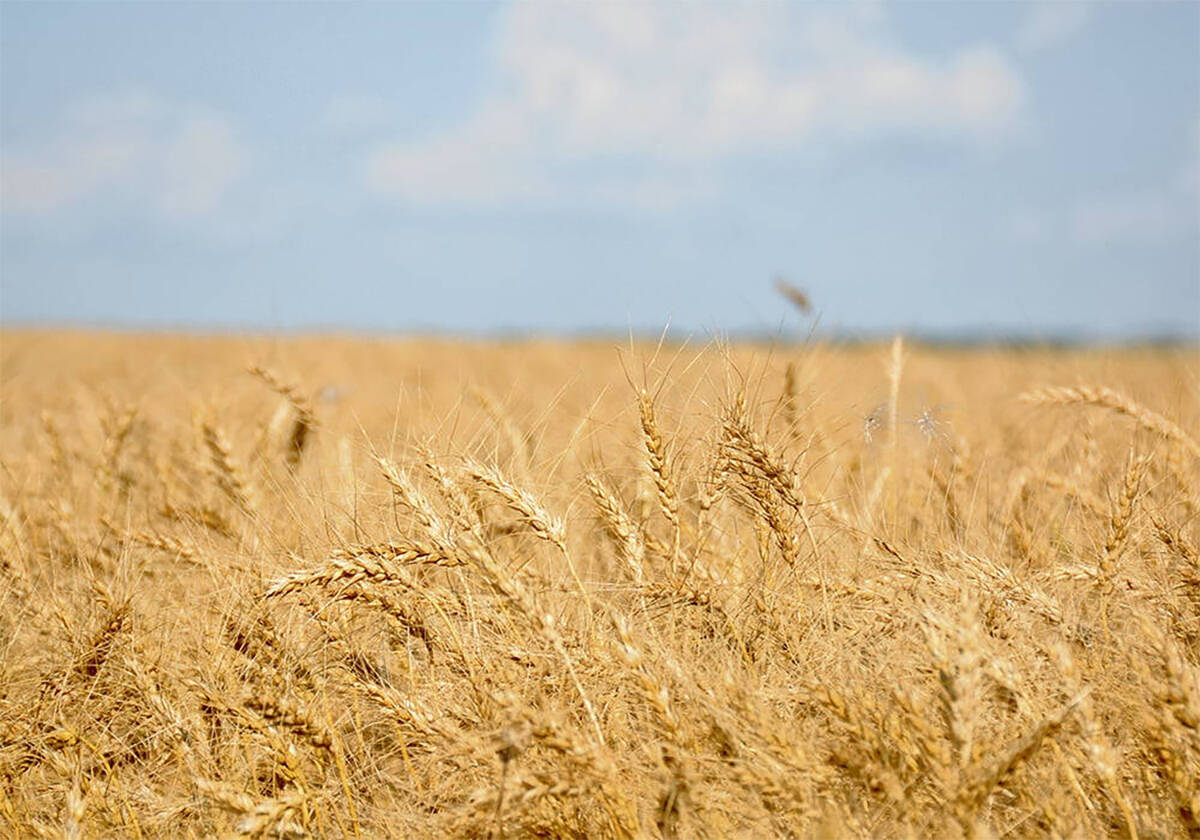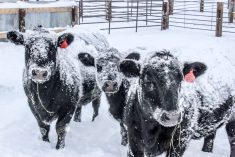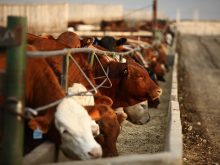Reuters — Cargill, a top U.S. meat processor, is trimming the use of antibiotics in its cattle supply amid concerns among some doctors and consumers about risks to humans from antibiotic-resistant bacteria.
The company on Feb. 26 started eliminating 20 per cent of antibiotics deemed important for human medicine and farm animals from its four feedlots in Texas, Kansas and Colorado, according to the company. It is making the same reductions at four feed yards operated by Friona Industries, which supplies Cargill with cattle.
The changes affect about 1.2 million cattle annually, which represents about 18 per cent of the cattle Cargill processes, according to the company.
Read Also

France raises winter soft wheat and rapeseed planting estimates
France’s farm ministry on Tuesday increased slightly its estimates for sowings of winter soft wheat and winter rapeseed for the 2026 harvest, confirming its expectation of an expanded area for both crops this year.
Cargill considered “customer and consumer desires to help ensure the long-term medical effectiveness of antibiotics for both people and animals,” said John Keating, president of Cargill’s beef business.
Public health advocates, along with some lawmakers and scientists, have criticized the long-standing practice of using antibiotics in livestock. They argue that it is fueling the rise of antibiotic-resistant bacteria.
Some agribusinesses have defended the practice as necessary to help keep cattle, pigs and chickens healthy and to increase production of meat for U.S. consumers.
The U.S. Food and Drug Administration in 2013 released voluntary guidelines for drug makers and agricultural companies to phase out antibiotic use as a growth enhancer in livestock. The agency said antibiotics could still be used to treat illnesses in animals raised for meat, but should otherwise be pared back by December 2016 under a program to keep them out of the human food supply.
In its four feedlots, Cargill does not use antibiotics for growth promotion that are considered to be medically important for human health, a spokesman said.
The changes come as Cargill has pared back parts of its businesses amid a rout in commodities markets.
Last year, the privately held trader streamlined its executive team to speed up decision-making and launched a restructuring that included job cuts. The company in the past year also sold its U.S. pork business and said it will close its London shipping office.
Last month, Cargill said it will stop selling fertilizer, seeds and crop chemicals to farmers in Central and Eastern Europe.
— Reporting for Reuters by Tom Polansek and Karl Plume in Chicago.














